The e-learning course “Strengthening capacities for better health care to refugee and migrant children” made available on https://learning.euvetcare.eu/ for the next 12 months has been accredited by the European...
moreFocus
1 The “age of accelerations” is pressing global migration and fostering uncertainty
The WORLD MIGRATION REPORT 2020 outlines an acceleration of global migration processes.
... more
This week is taking place the C1 short-term joint event of EU-VET CARE project. The aim of this event is to implement and evaluate the delivery of the training of the course so as to be delivered afterwards to professionals involved in providing care for...
moreThe Euvet project has been presented at the International Conference on Integrated Care 2020 (ICIC20) at the beginning of September 2020.
more
The COVID-19 pandemic is spreading worldwide and it is mandatory to include in the global response to the virus also migrants, refugees, asylum seekers, and internally displaced people.
more
Refugee children and adolescents are particularly exposed to psychological issues. Many factors affect their mental health: not only the violence experienced in war contexts, but also the precarious conditions they face in refugee camps.
more
In Idlib Governatorate in North-West Syria, in the last three years, two internationally displaced person camps (IDP) increased respectively of 100% and 177% in size. Structure density appears to grow acutely by 2019 compared to previous years.
more
In 2019 about 120,560 refugees and migrants arrived in Europe through Mediterranean migration routes. A quarter of these migrants were children and nearly 80% of them (22,700) were registered in Greece alone.
more
In the frame of the EU-VET CARE project, several focus groups involving key stakeholders in the provision of care to migrant/refugee children (physicians, psychologists, representatives of Ngos, and cultural mediators) have been realized.
more

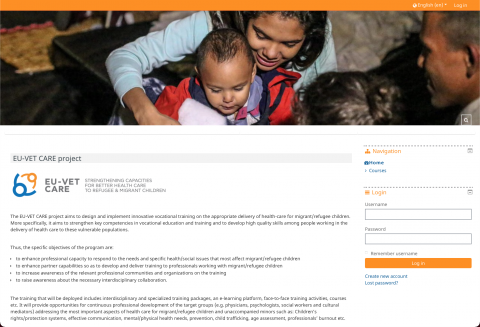

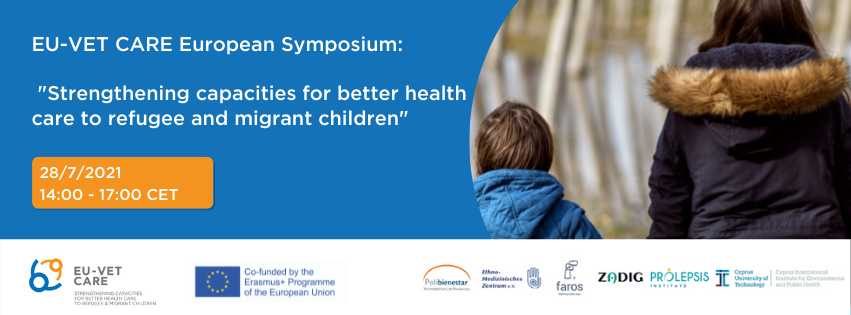
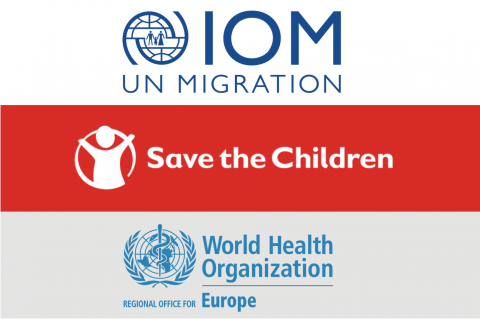
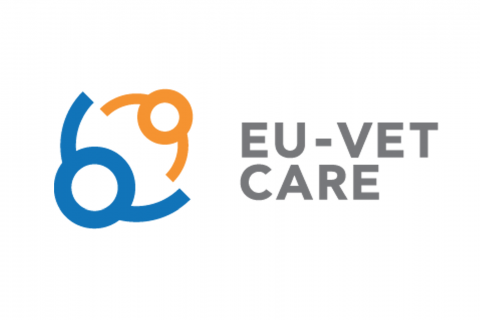
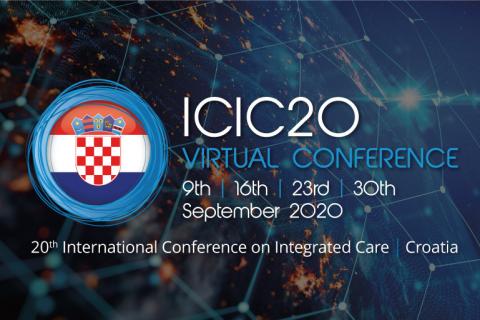


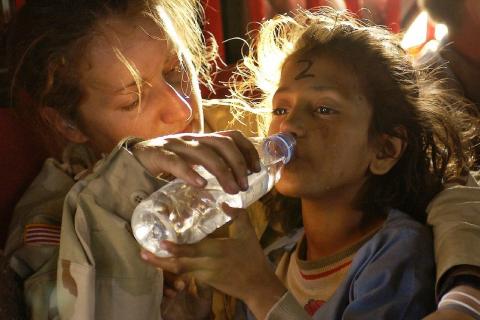
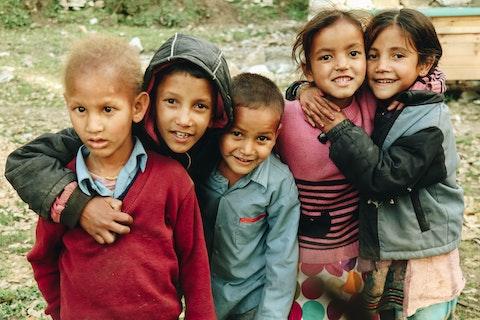
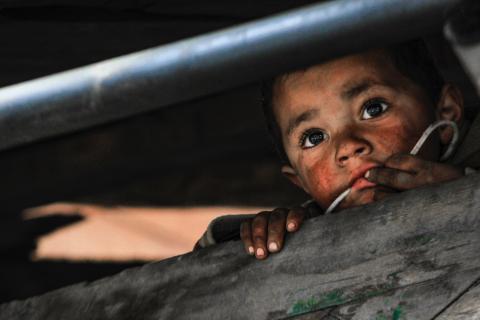
 The European Commission support for the production of this publication does not constitute an endorsement of the contents which reflects the views only of the authors, and the Commission cannot be held responsible for any use which may be made of the information contained therein.
The European Commission support for the production of this publication does not constitute an endorsement of the contents which reflects the views only of the authors, and the Commission cannot be held responsible for any use which may be made of the information contained therein.